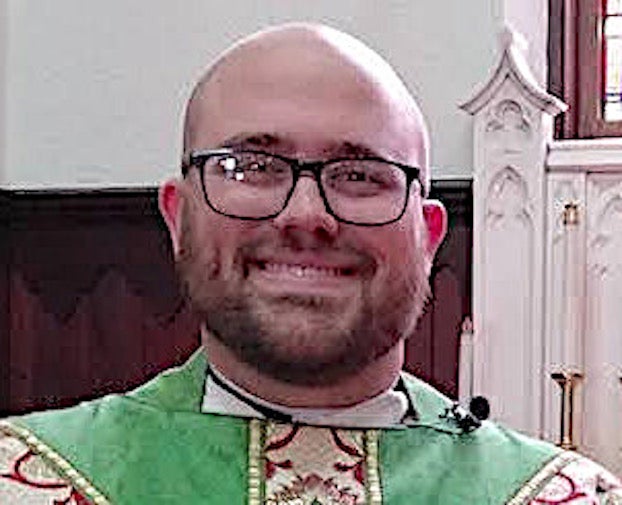Taking stock as MLK Day approaches
Published 5:20 pm Friday, January 14, 2022
|
Getting your Trinity Audio player ready...
|
What would Martin Luther King, Jr. think if he was alive today? What would he think if he pondered the state of America, a country that celebrates his birthday as a federal holiday and yet is still beset by cruel and dehumanizing racism? I imagine that he would be both disappointed and yet not surprised in the least. MLK understood that the task of exorcising the demon of racism from the soul of America is a life-long task. It’s not something that can be eliminated overnight, or even in this generation. This will require persistence and courage, for the impediments to equity and justice are legion, demanding years of sustained action in order to be overcome.
The work of Anti-Racism is hard work. And I come at this from a position of privilege. As a white, heterosexual, Christian man, I enjoy more cultural privileges than most. People who look and sound like me have been calling the shots for the longest time, and this means that the fabric of our society has been woven in such a way as to grant me an advantage. Let us not forget that there are individuals alive today who can remember, like it was yesterday, the pain and shame of Jim Crow. And because we know generational pain and trauma are passed down culturally as well as biologically, we can remain certain that the unholy ghost of racism still hovers over us as fog hangs in the air long enough to remind us that we are surrounded by water even if we can’t always see it.
Going back to privilege, I won’t ever know the particular experience of being black in America and, more particularly, in the South. This fact, however, doesn’t allow me to pretend as if racism and injustice are someone else’s problems. That can’t be farther from the truth, and we must reckon with the way white American culture has, historically and currently, been responsible for the normalization and perpetuation of racism.
I realize that this is the moment that I may lose readers. And that’s okay. It’s impossible to please everybody. But some things need to be said. And some things need to be repeated. Admitting to the racist history and the racist present bear repeating. For my white readers, particularly those who are disagreeing with my fundamental thesis, I’ve got a challenge for you. In all of the debates about Critical Race Theory, I have repeatedly heard that CRT is flawed because it ‘makes you feel bad for being white.’ I’ve also heard that it’s not fair to assign guilt to someone for what their forebearers did. As I see it, this represents a fundamental misunderstanding of CRT. At its most basic level, CRT claims that society has been structured in such a way to favor whiteness. For white people now to recognize and affirm this is not sharing in the guilt of past slavers and bigots. Recognition of this certainly isn’t embracing shame for being white. What does result from an open engagement with CRT is the recognition that the world of the past and present have been disproportionately favored towards whiteness, and that the world of the future can only ever be a hopeful future if we commit now to working towards the end of racism, both individually and structurally.
On the occasion of celebrating the birth of Dr. Martin Luther King, Jr, let us honestly and courageously peer within. To my white readers in particular, perhaps the best way to honor Dr. King would be to ask yourself, “Would I have marched with Dr. King, or would I have been in the company of his oppressors?” Yes, we still have work to do. But I’m cautiously hopeful. As Dr. King himself once said, ““In some not too distant tomorrow the radiant stars of love and brotherhood will shine over our great nation with all their scintillating beauty.” Let’s do our part to part help those stars shine here in Washington and beyond.
Chris Adams is the Rector at St. Peter’s Episcopal Church in Washington.






